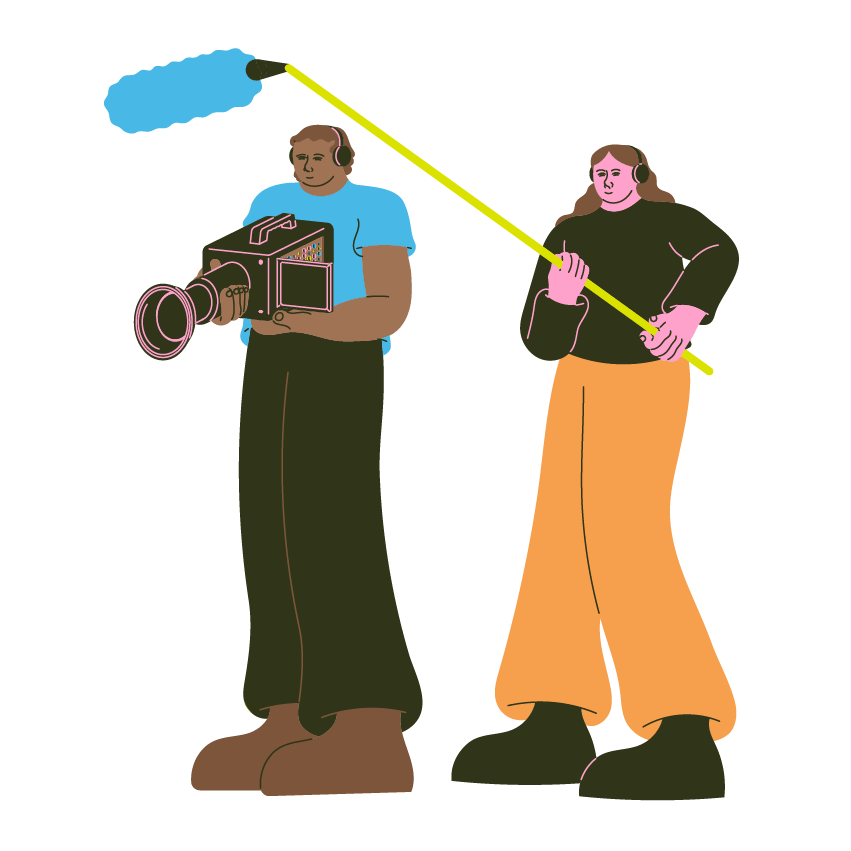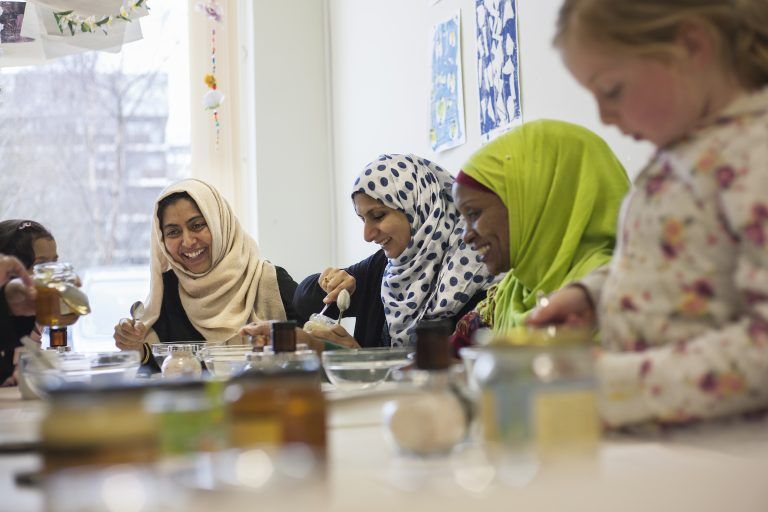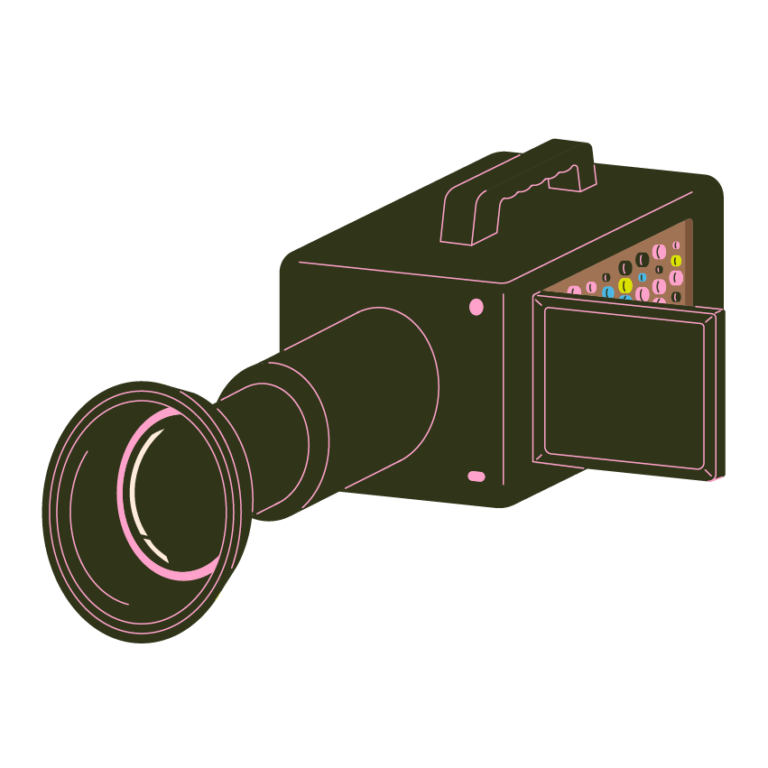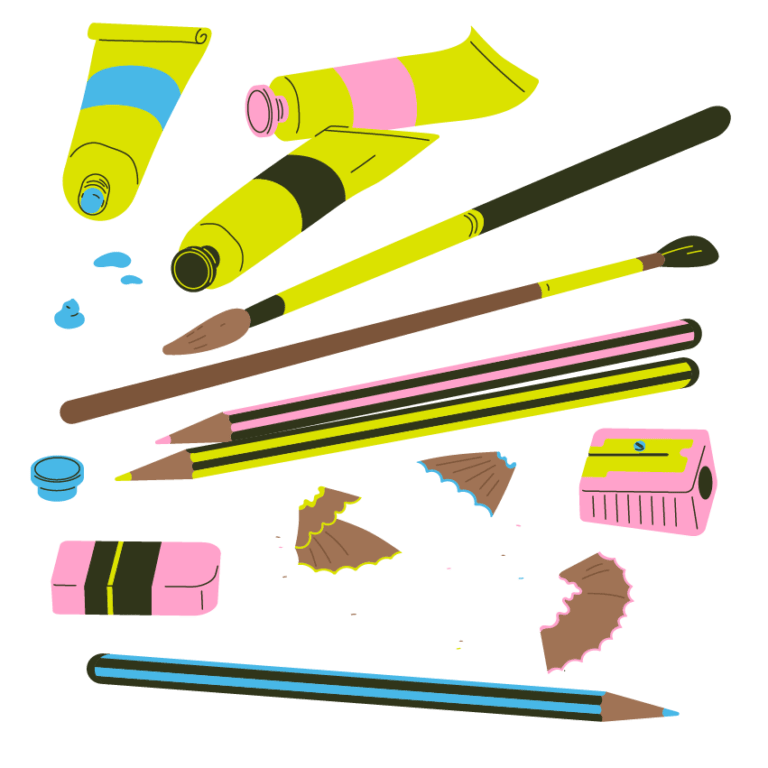We wanted to empower young Asylum Seekers and Refugees to have a voice, develop their creative potential, help their journey into further education or employment and be trained by mentors who have lived experience of being part of the established BAME community in Scotland.
Ignite Theatre


Our main objective is to get our members much closer to professional filmmaking, allow them to make work which they believe in, develop specialist skills and make tangible links and contacts within the industry.
Key Information
Geographical reach
Glasgow
Target Groups
Younger people, Socio-economic disadvantage, refugees, asylum seekers
Project Type
Supporting innovation
Background
Asylum seekers and refugees are underrepresented in the arts and in the media. They are portrayed in a negative way most of the time and not given a voice. We work closely with the community and listen to their needs. Especially young people who are very talented are telling us how they miss out on opportunities within the arts industry and how this cycle needs to be broken.
Ignite Theatre works with children and young people aged 4-24 from diverse backgrounds who live primarily in the North and West of Glasgow. Our members come from across the globe, and include new members from Syria. Many of our members face multiple challenges, whether that is poverty, discrimination, being a young carer, or having additional needs.
Involvement of New Scots in project
Our company is founded by, and in partnership with, young Asylum Seekers and Refugees. We have had a number of past members join our staff and this has impacted on us in a very beneficial way.
We also held a focus group with 13 clients to hear about people’s experience with accessing our services. The overall feedback was positive, and people told us that they felt we had helped them.
Impact
We have completed all of our planned activities for the project and we have been extremely successful in reaching our targeted groups
We have helped 26 refugees the opportunity to gain skills in the film industry.
We have allowed over 200 people to participate in over 100 hours of workshops.
We have been asked by Glasgow City Council to screen the film as part of one of their events.
We have been able to produce 4 short films as part of this project. Two with Black Teenagers, one with Syrian Women and the final short film is based on some of the issues that were raised during the workshops and looks at mental health amongst older men from the Black African Community.

Challenges encountered
The start of the project was extremely challenging with face-to-face activity being non-existent until February/March of 2022. This was due to the pandemic with limits on face-to-face contact, staff absences and the fact that for the people that we were looking to engage with, virtual workshops were not an option. This has meant that we have had to deliver on the aims and objectives in a much shorter timeframe than was initially expected.
Reflections
The key observations of working on this project is a reminder on how using creatively we can have a positive impact on people’s lives. There is obviously still a great need for this type of work and the more that grassroots organisations can work together then the more impact we can have.
The films created will have a lasting impact beyond the end of this project and we already have a number of groups interested in viewing the films. We also have the opportunity for one of the short films to be entered into some film festivals next year. This will ensure that this project has an impact beyond the funding. We now have working relationships with new organisations and people and we have plans to continue and expand on this work post this project.
Further information
Two of the short films will be used as future resources to support other refugees. The Syrian women want to use their film to support other women from refugee/asylum backgrounds to settle into life in Scotland and to help them set up their own support groups. They also plan to use the film in cultural awareness workshops for community groups and in schools. The second short film that will used as a future resource explores culture, grief and mental health specifically amongst older black men. this will be used as a point of inquiry and discussion in future workshops.

